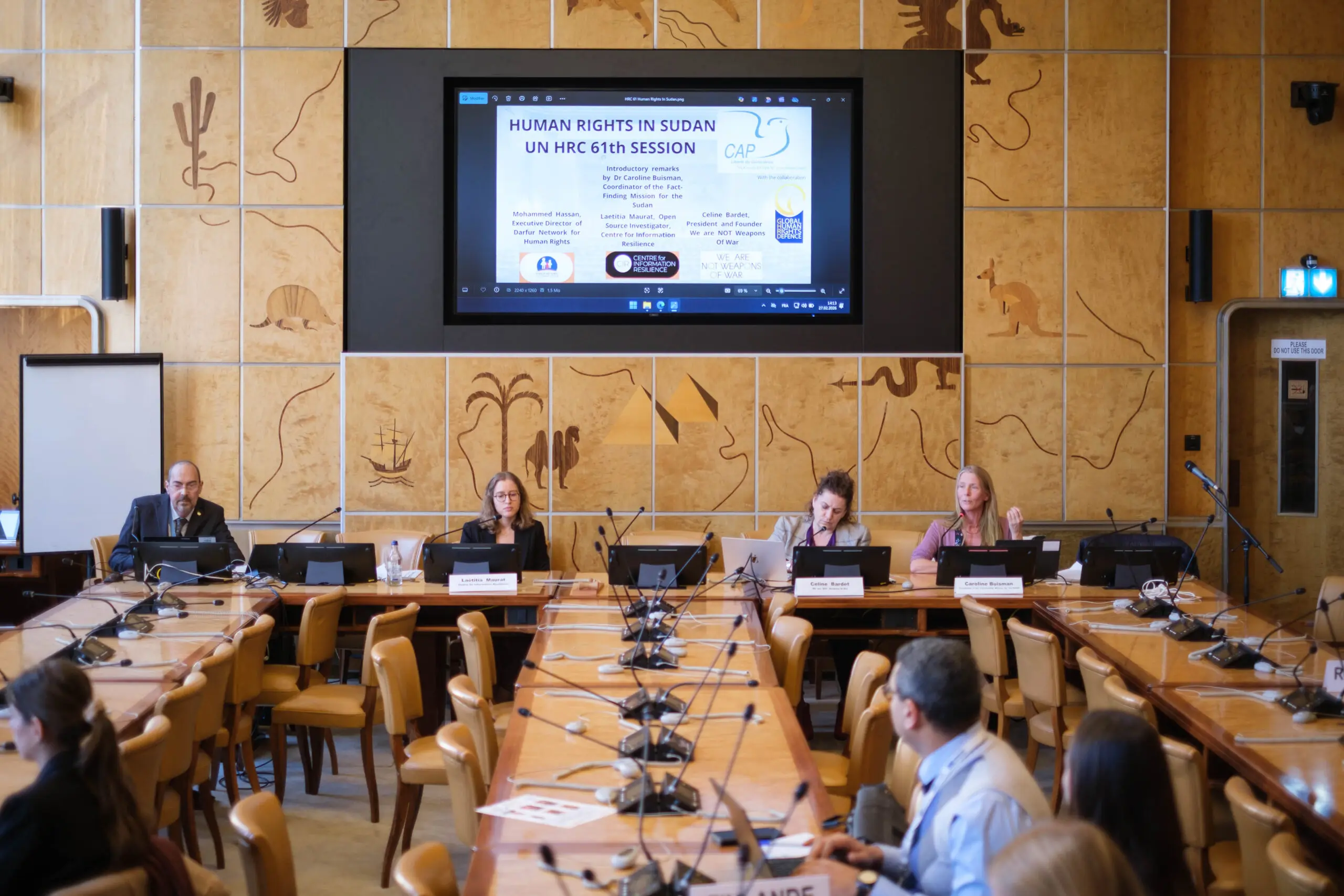Belgium was condemned for discriminating against Jehovah’s Witnesses. Failure to grant congregations of Jehovah’s Witnesses exemption from property tax in the Brussels-Capital Region since 2018 was discriminatory
ECHR 122 (2022) 05.04.2022
In today’s Chamber judgment1, in the case of Assemblée Chrétienne Des Témoins de Jéhovah d’Anderlecht and Others v. Belgium (application no. 20165/20) the European Court of Human Rights held, unanimously, that there had been:
a violation of Article 14 (prohibition of discrimination) read in conjunction with Article 9 (freedom of thought, conscience and religion) of the European Convention on Human Rights and with Article 1 of Protocol No. 1 (protection of property) to the Convention.
The case concerned congregations of Jehovah’s Witnesses which complained of being denied exemption from payment of a property tax (précompte immobilier) in respect of properties in the Brussels-Capital Region used by them for religious worship. According to an order of 23 November 2017 enacted by the legislature of the Brussels-Capital Region, as of the 2018 fiscal year the exemption applied only to “recognised religions”, a category that did not include the applicant congregations.
The Court held that since the tax exemption in question was contingent on prior recognition, governed by rules that did not afford sufficient safeguards against discrimination, the difference in treatment to which the applicant congregations had been subjected had no reasonable and objective justification. It noted, among other points, that recognition was only possible on the initiative of the Minister of Justice and depended thereafter on the purely discretionary decision of the legislature. A system of this kind entailed an inherent risk of arbitrariness, and religious communities could not reasonably be expected, in order to claim entitlement to the tax exemption in issue, to submit to a process that was not based on minimum guarantees of fairness and did not guarantee an objective assessment of their claims.






